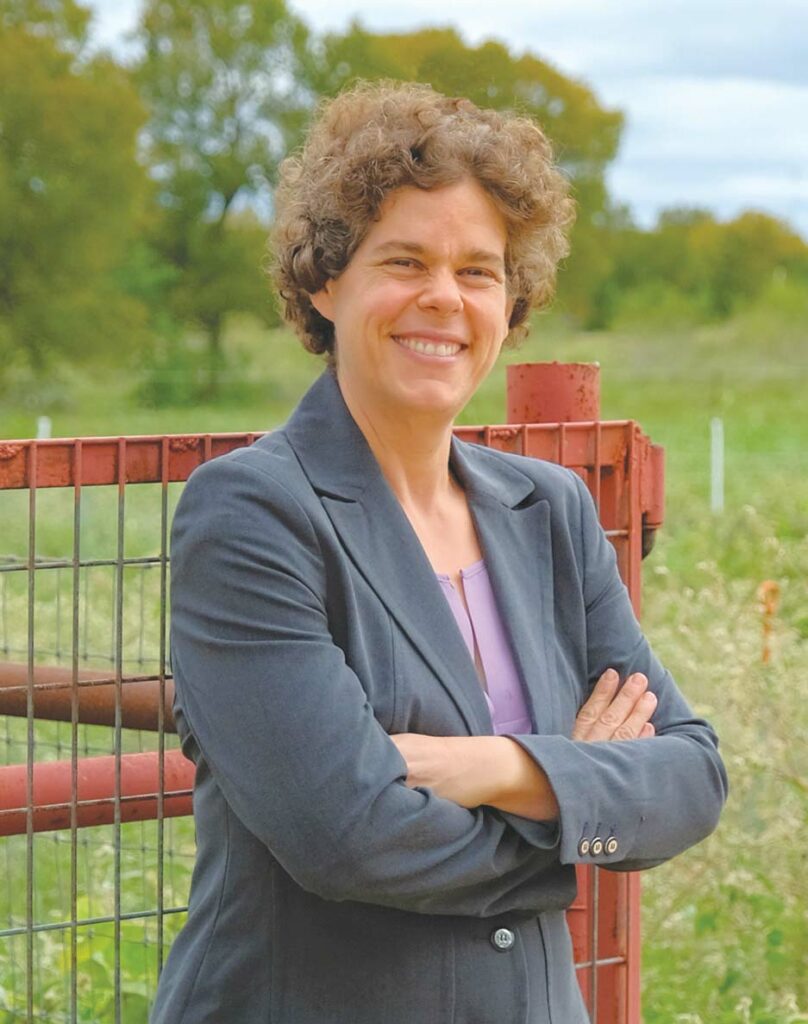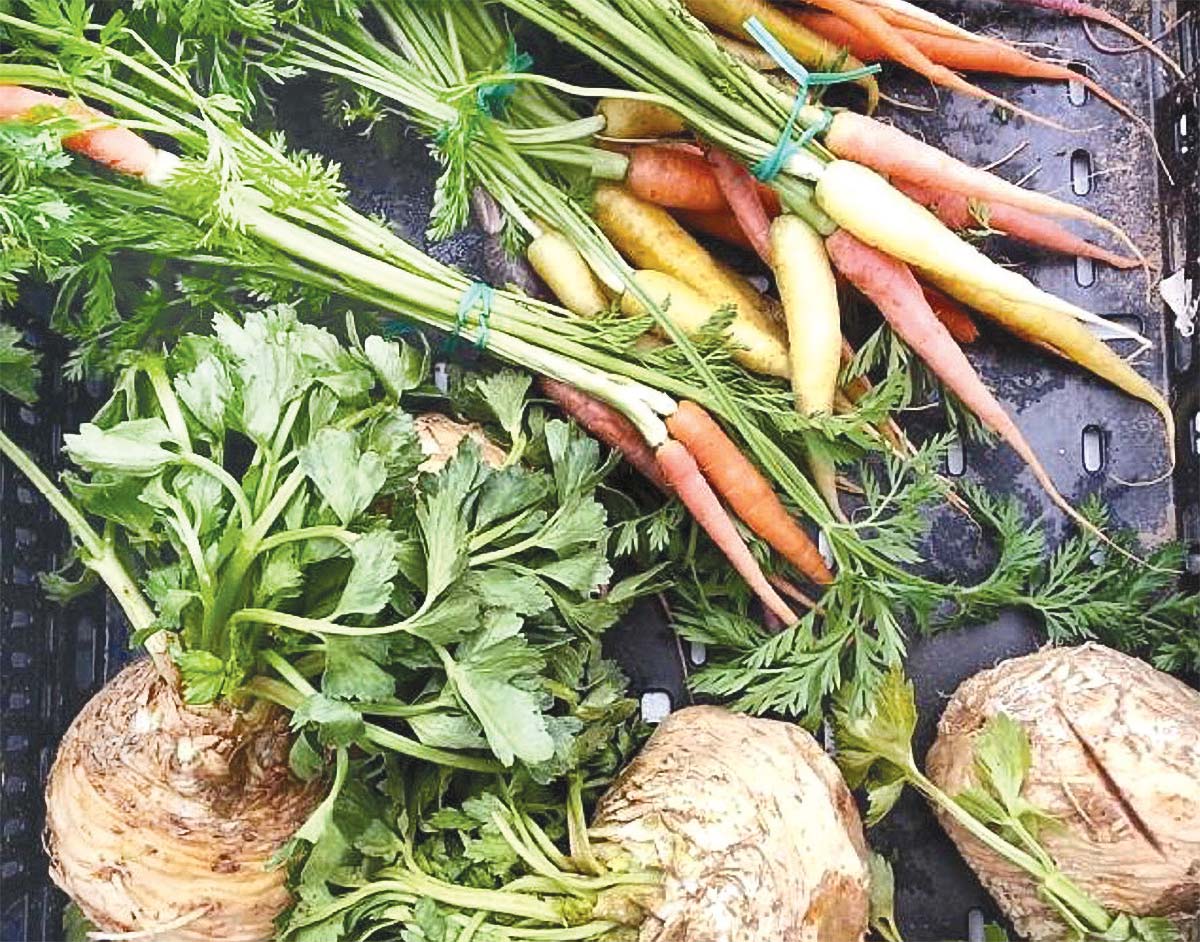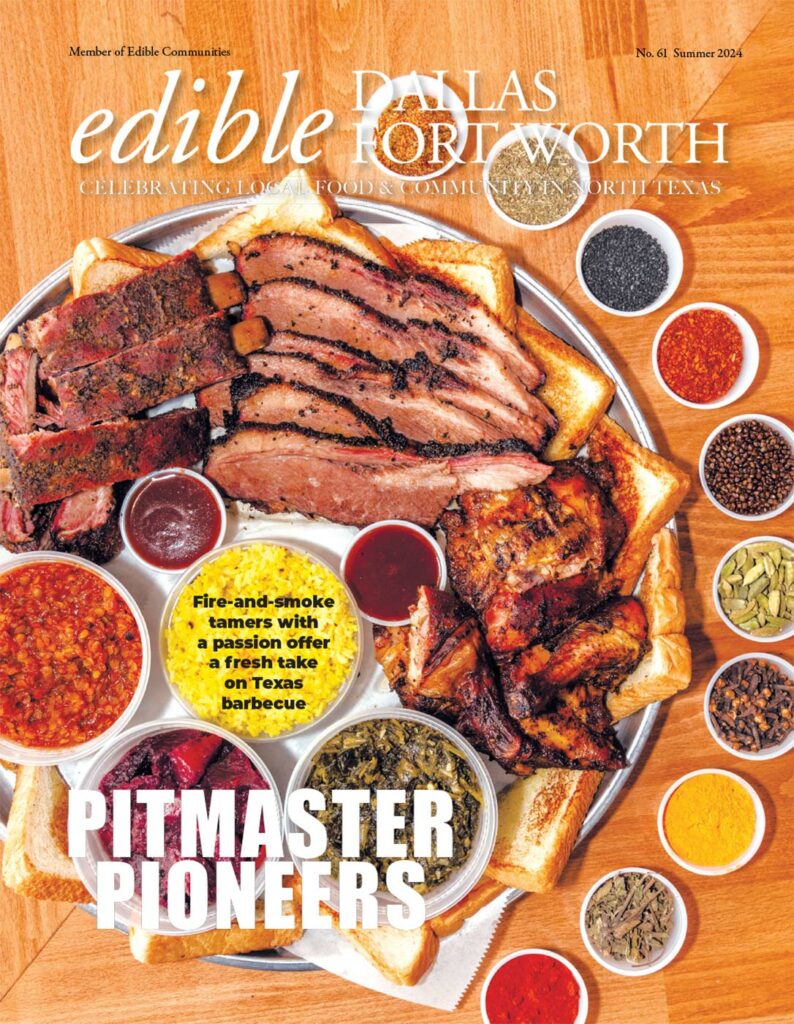
“At the Farm and Ranch Freedom Alliance (FARFA), we play a crucial role in advocating in Congress for our independent farmers to address regulatory and structural barriers that hinder their operations.”
– Judith McGeary
Guest Column: Government Policy and Our Food System—A Look at the Farm Bill
The 2023 Farm Bill is upon us. If you’re one of the many Americans who doesn’t know much, if anything, about the Farm Bill, it’s a massive piece of legislation passed approximately every five years by Congress. Or you may be a local food producer or consumer who knows that the Farm Bill is overwhelmingly geared toward programs for large-scale, conventional food systems. And you might assume that it doesn’t impact those of us in sustainable, local food. After all, we’ve opted out of that deeply flawed system, right?
Except that opting out is an illusion. Small, sustainable farmers’ ability to do anything—to get seeds and young animals, to purchase biological fertilizers, to process animals into meat and produce into value-added products, as well as to determine where and how they can sell their products—is impacted by the legal, regulatory and economic structures established in federal law, primarily through the Farm Bill. And all that in turn heavily affects the availability and cost of local food from sustainable farmers.
The Farm Bill—initially aimed at stabilizing agricultural prices and supporting struggling farmers—dates back to the Great Depression. Over time, it expanded to encompass a wide range of programs, including nutrition assistance (from SNAP to school lunches), conservation initiatives and rural development efforts. Originally, the Farm Bill tied price support to conservation measures and grain reserves, enabling farmers to make a living while preserving natural resources for future production and addressing food security.
In the 1980s, however, it shifted dramatically toward supporting massive commodity production and the international markets. This era abolished price supports and disconnected the conservation programs from the new subsidy approaches, rewarding farmers for maximizing production at the expense of sustainability and favoring those who grew the biggest. This not only impacted farmers, it also had massive negative effects on rural communities and the diversity of farming practices.
The legacy of this shift is apparent in the ongoing tensions between supporting industrial-scale agriculture and fostering a more inclusive farming sector that prioritizes the needs of small and mid-sized farmers and long-term sustainability.
What does that mean for us now? We aren’t going to change that structure in the 2023 Farm Bill—it will take committed work for many years to turn the Titanic around! But we have to start, because if we don’t ask for the changes that are needed, we’ll never get them. And, precisely because the Farm Bill is a “mustpass” bill for so many programs, it provides a vehicle for us to pass smaller, yet very important, reforms that would never pass as stand-alone bills in a dysfunctional Congress.
At the Farm and Ranch Freedom Alliance (FARFA), we play a crucial role in advocating in Congress for our independent farmers to address regulatory and structural barriers that hinder their operations.
The PRIME Act, for example, would remove federal restrictions on the intrastate sale of meat from custom processors, benefiting small-scale producers who lack access to traditional processing facilities. is is a big deal because right now, many small farmers struggle to find places to process their animals due to decades of government policies that benefit the big meatpacking corporations through scale-prejudicial regulation that hurt small processors. We believe in giving farmers more options because it’s better for everyone—the animals are treated better, farmers can sell their products more easily, and consumers get access to fresh, locally-raised meat.

FARFA’s support for a new on-farm slaughter proposal is another step on this path. Right now, although farmers can process animals for their own personal use, even consumers who want to buy a live animal and hire the farmer (or private butcher) to process for them can’t do so. Giving farmers and consumers the option to do on-farm processing for personal use would reduce stress on the animals and make local meat more accessible.
We also fight to stop bad regulations, such as electronic animal ID mandates. If our farmers had to switch to a costly electronic system that would constantly need to be updated, it would serve to push local farmers out of the business and make us more reliant on foreign meat imports. Right now our animal ID system works fine; there’s no need to put small farmers out of business with a program designed to help huge operations track their thousands of animals. Finally, by advocating for more funding for conservation programs, we’re supporting those who steward our nation’s farmland to assure that we have access to resilient and healthy local food systems for generations to come.
Action on any of these issues would help bring down costs for farmers and help provide consumers with a wider variety of affordable local foods. These initiatives contribute to building more resilient and sustainable food systems while ensuring consumer access to locally sourced products. Overall, FARFA is committed to supporting small farmers and making it easier for them to do what they do best—provide us with healthy, locally-produced food while taking care of their land and animals.
The Farm Bill was supposed to pass in 2023, but obviously that didn’t happen! Instead, Congress passed a one-year extension of the last Farm Bill, without substantive changes. As this article goes to print, the Agriculture Committees are still working on the language of the bill, and it’s not expected to pass Congress until the lame duck session, if then. Which is why we need YOU to get engaged: there’s still plenty of opportunities to advocate for change in this year’s Farm Bill, and we have a real chance to get legislation that helps our farm communities, our health and our wallets. Judith McGeary is Founder and Executive Director of the Farm and Ranch Freedom Alliance
The Farm and Ranch Freedom Alliance (FARFA) This Texas-based nonprofit advocates for common-sense policies for small farmers and local, diversified food systems, and is encouraging farmers and consumers to make their voices heard in this process. You can sign up for free email alerts at www.FarmAndRanchFreedom.org.
Judith McGeary is the Founder and Executive Director of the Farm and Ranch Freedom Alliance (FARFA).












